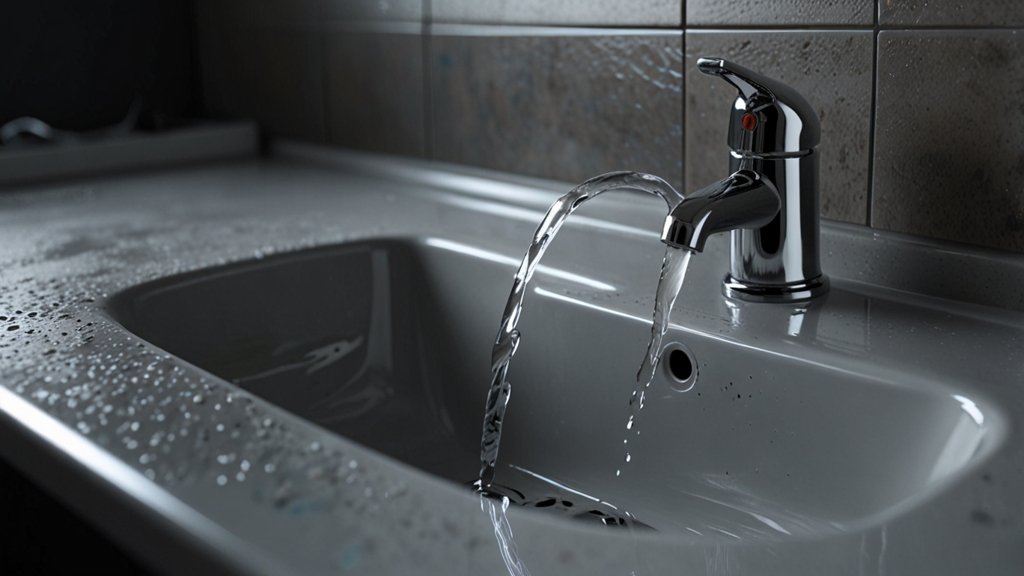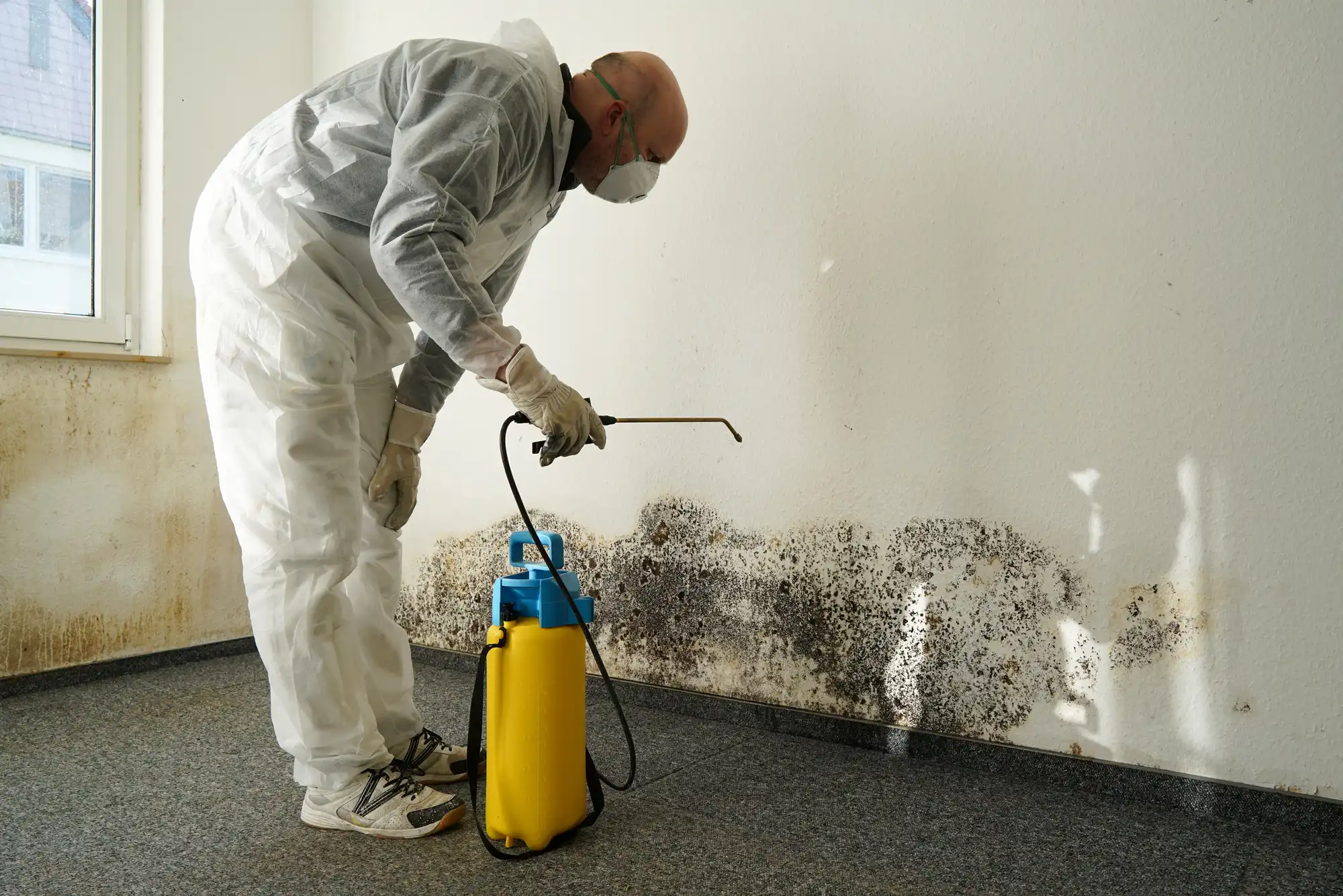Key Takeaways
- Routine drain cleaning is crucial for preventing sudden and costly plumbing disasters at home or in the workplace.
- Forming simple habits, such as proper waste disposal and periodic inspections, can help keep all types of drains functioning efficiently.
- Water damage linked to clogged pipes is a leading contributor to high homeowner insurance claims and property loss.
- Proactive drain maintenance helps preserve the function of your plumbing system and reduces the likelihood of urgent repairs.
Why Regular Drain Cleaning Matters
Routine drain cleaning is one of the most straightforward yet most overlooked preventive steps that homeowners and property managers can take. In any property, water must flow freely through pipes to avoid puddling, leaks, or more severe damage. Neglected drains can slowly fill with debris, leading to a blockage that puts extra pressure on the entire system. This isn’t just an issue of convenience; the financial implications are enormous. In the United States alone, water damage is responsible for billions of dollars in property losses every year. Ignoring regular drain cleaning essentially invites a plumbing emergency that could result in thousands of dollars in repairs, restoration, and lost valuables.
Even if a drain appears to be functioning well, problems may be quietly developing out of sight. Something as minor as a partially blocked pipe can reduce water pressure, create persistent odors, and eventually result in backflow into home spaces. If slow drainage, water backup, or recurring clogs occur, it’s time to take action. Some situations are quickly resolved by using a trustworthy clogged drain service indianapolis, which can pinpoint and clear more serious blockages before they cause absolute chaos. By adopting a preventive mindset, you’re not only maintaining comfort but also actively safeguarding your home’s value and structural integrity.
Common Causes of Drain Clogs
Understanding what actually causes clogs is key to preventing them. Contrary to popular belief, most drain blockages develop over weeks and months rather than days. Daily habits play a substantial role. In kitchens, fats, oils, and grease (FOG) may seem harmless when rinsed down the sink, but they cool and solidify inside pipes, slowly shrinking the space for water to flow. Even the smallest pieces of food—such as rice and coffee grounds—can clump together and adhere to these greasy deposits, forming a stubborn mass. As highlighted in this CNET guide, everyday items like egg shells, flour, and starchy foods are among the top offenders that people unknowingly send down the drain, only to face costly blockages later.
In bathrooms, hair is one of the primary culprits, combining with soap and toothpaste to form sticky clumps deep in the drain. Shower and sink traps are designed to catch some of these, but over time, even small accumulations can choke off drainage. Products marketed as “flushable,” such as wipes and hygiene items, unfortunately, don’t live up to their claims. They remain intact far longer than toilet paper and frequently cause headaches for both municipal systems and private homes. Minor children sometimes contribute by flushing toys or paper towels, adding another avoidable layer of risk to your plumbing.
Everyday Habits That Cause Clogs
- Pouring grease, oil, or meat drippings into kitchen drains
- Allowing large amounts of hair or pet fur to wash into showers and tubs
- Ignoring small accumulations of food debris or soap in sinks
- Flushing wipes, hygiene products, or paper towels
With simple daily changes, such as using sink strainers and scraping plates before washing, most drain clogs can be avoided entirely.
Spotting the Warning Signs Early
Plumbing systems often signal distress before a real emergency strikes—and paying attention to these warnings can save significant time and money. The first sign is usually slow drainage. This might mean waiting a little longer for water to clear, or noticing that the drain water backs up before disappearing. Gurgling sounds from deep within the pipes suggest air is trapped behind a slowly forming blockage. Unpleasant, persistent odors in kitchens or bathrooms hint that built-up debris is decomposing in the drains.
Water backing up into unusual places, such as a tub filling with water when the washing machine runs, is a telltale sign of a blocked or partially collapsed drain pipe. Damp patches on flooring or walls, even if small and intermittent, should never be ignored. Act quickly at the first sign to prevent these minor annoyances from escalating into backed-up sewage or damaging leaks, which could compromise structural integrity or lead to long-term mold growth.
How Drain Cleaning Saves You Money
Consistent drain maintenance can deliver substantial financial savings by reducing the probability of burst pipes, overflows, and mold remediation. Each year, thousands of homeowners are met with the shock of a sudden plumbing emergency and the accompanying hefty bill. Industry data indicate that a single burst pipe can frequently result in damages exceeding $5,000, especially when accounting for water removal, damaged furniture, ruined flooring, and disrupted routines.
Additional Financial Advantages
- Reduced risk of after-hours emergency service calls, which tend to cost premium rates
- Delay or prevent the need for total pipe replacement—well-kept pipes often last decades
- Maintaining free-flowing drains and leak-free plumbing enhances the appeal and value of a property
What’s more, proactive maintenance minimizes insurance claims, which can help keep your premiums low in the future.
When to Call in a Professional
DIY solutions have limits, especially when drain problems persist or reappear after temporary fixes. Multiple blocked fixtures, extensive backups, or evidence of water in places it shouldn’t be are best addressed by licensed professionals. Professional plumbers bring specialized tools, such as high-powered snakes, hydro-jetters, and even cameras, to identify precisely where and why a clog is occurring. Sometimes, the problem is a collapsed pipe, root intrusion, or a blockage deep in your system, none of which can be handled by standard household tools.
If you notice repeated clogs, overwhelming odors, or frequent backups in bathrooms and kitchens, don’t hesitate to get an expert assessment. Professional drain cleaning is essential when moving into an older property or during renovations, as pre-existing issues may not be immediately apparent. Rapid intervention can save thousands in future repairs and prevent disruptions that put daily life or business operations on hold.
Frequently Asked Questions
- How often should drains be cleaned?
- For most families and businesses, professional drain cleaning should be scheduled at least once a year. However, kitchens or bathrooms that experience heavy daily use, or households with young children and pets, can benefit from biannual attention to prevent debris from accumulating unnoticed.
- Are “flushable” wipes really safe for pipes?
- The evidence says no. Despite their labeling, flushable wipes fail to disintegrate quickly and can linger in pipes for months, frequently causing major clogs in home systems and community sewers.
- Are chemical drain cleaners a good choice for routine cleaning?
- Most experts agree they should be avoided. Chemical cleaners may seem efficient, but they cause cumulative damage to pipes, harm the environment, and can be hazardous to people and pets in the household. Mechanical or natural cleaning solutions are much safer and equally effective.
- What’s the easiest way to clear a slow drain at home?
- Use a plunger to dislodge the blockage, or pour a mixture of baking soda and vinegar down the drain, followed by a stream of hot water. These basic methods resolve many minor clogs without stress or risk to your plumbing system.
YOU MAY ALSO LIKE: Tips for Planning Your Kitchen Remodel Around New Cabinets











